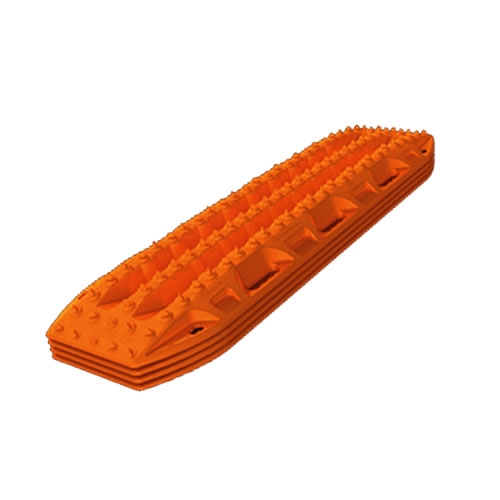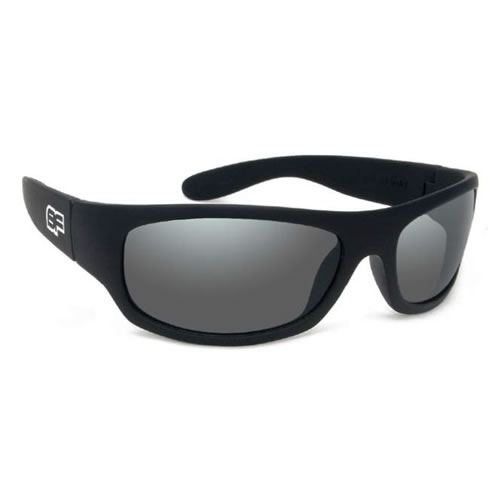Tips For Offroad Driving
The first tip we have for off road driving is get out there and do it. Nothing helps you get around the Outback like experience and the only way to get that is to earn it. At the same time it’s not the smartest idea to just head out without knowing a few handy dodges first, so here are a few top tips that will keep you moving while you build up that experience.
Read the owner’s manual.
If your normal car breaks down you can easily pull out the handbook and have a quick read beside the road. You don’t want to be doing that while your Ute slowly sinks into the mud. Make sure you know where tow hooks, jacking points and the likes are before you need to use them.
Know your vehicle.
This sounds obvious, but know its dimensions and clearances. It’s embarrassing if you forget how long your car is and get stuck in the McDonalds drive-thru. It’s a lot worse if you rip your sump off on a rock or slam the nose into a slope that’s steeper than your approach angle can take.
Be prepared.
Your standard tool kit isn’t enough for driving in the bush. Kit yourself out with some decent recovery gear, including at least one snatch strap and a good high-lift or exhaust jack. Make sure you have a shovel, plenty of water and a first aid kit.
Never go out alone.
Even a short trip off road can go wrong. Plenty of people have died a couple of hundred metres from a road they were too badly injured to walk to. Off road driving is pretty safe when you know what you’re doing but there’s always the potential for a problem, so take a mate. Even better, take a mate with his own vehicle.
Don’t ride the clutch.
We can get into all sorts of clutch habits driving on road. Off road they’ll just cause you problems. Keep your foot away from it except when you’re actually changing gears, and rely on the gas and brakes to control speed.
Switch to low range before you need it.
If your 4wd system has a low range setting it can provide an awesome load of extra grunt to get through sticky patches. Don’t wait until you’re already stuck though, because it might not get you moving again. If the ground ahead looks like soft sand or mud stop in front of it, switch to low range then move off again.
Don’t trust maps.
Never go anywhere without them, but don’t rely on everything they say. Landscapes can change, or maps can be wrong. Check how old they are, ask locals for advice when you get the chance, and if you’re not sure about the ground ahead stop and check it out on foot.
The thing about off road driving is that you’ll never learn everything. That’s one of the things that makes it so much fun – there’s always something new to experience. Keep these tips in mind and you’ll be off to a good start though.







